“You Speak So Well”: Navigating Prejudice in Hiring

Having a name that doesn’t scream “traditional” or “white” often means dealing with surprised expressions or compliments on how well you speak, as if the expectation was anything less. Whether it’s in the professional world or on dating apps, my name alone sets off preconceived notions about who I am before I even get a chance to introduce myself. This isn’t just my experience; it’s a widespread issue that affects millions.
Recently, I found myself in a multi-round interview process with a company that seemed promising. The position was exciting and I felt I could bring a lot to the table. However, I picked up quickly the same surprised call out. It was the same reaction I’ve gotten far too often: “Wow, you speak so well!” It felt like déjà vu, as if they were expecting me to break out in broken English or, I don’t know, communicate via interpretive dance. But that wasn’t the only shocker. After finally making it to the salary discussion, their jaws practically hit the floor when I shared my expectations. Turns out, applying to a job without a listed salary is a recipe for misaligned expectations.
It gave me a flashback to the time on a dating app where I was hitting it off with someone — great banter, shared interests, exchanging photos, everything was going well. But the moment they found out my name was Miguel? Ghosted faster than you can swipe left. There was a time where I only used initials. I would say it was for privacy, but honestly it was because of that.
It’s wild how a name alone can trigger so many assumptions. During the interview, it was the same script, different stage: preconceived notions based on a name that told them more than I ever could about my skills, experience, or worth. It’s a frustrating reminder of the biases that persist, whether you’re job hunting or just trying to make a connection.
The Data Doesn’t Lie: Hiring Bias Based on Names
Studies have shown that job applicants with names perceived as “ethnic” or “non-white” face significantly more barriers than those with traditionally white-sounding names. A comprehensive meta-analysis revealed that racial discrimination in hiring hasn’t improved much in the past 25 years. Applicants of color, particularly those with African American, Middle Eastern, and Hispanic/Latinx names, need to submit about 50% more applications to receive the same number of callbacks as their white counterparts. It’s 2024, and we’re still dealing with this nonsense.
This discrimination extends beyond hiring, influencing everything from workplace interactions to promotional opportunities, leaving many Latino professionals feeling underestimated and undervalued.
In another large-scale study, applicants with English names received 26.8% positive responses for leadership roles, while those with non-English names only received 11.3%. That’s a stark difference, and it underscores how biases against names can severely limit opportunities before an applicant even steps through the door.
The Cost of Bias: What Companies Lose When They Judge a Name
So, what happens when companies let these biases dictate their hiring? They miss out on diverse talent and the varied perspectives that drive innovation and growth. Research shows that diverse teams outperform homogeneous ones by 35% in decision-making and problem-solving. Yet, many companies still fall into the trap of hiring based on comfort rather than competence, ultimately stunting their own potential.
The financial impact of biased hiring is also staggering. It’s estimated that hiring bias costs U.S. employers $64 billion annually due to turnover, lost productivity, and the missed opportunity to attract top talent. When companies fail to address these biases, they create a cycle of inequality that affects not only individuals but also the broader economy.
The Benefits of Inclusive Hiring: Stop Judging by the Name
Beyond the moral imperative, eliminating biases in hiring is simply good business. Companies that commit to inclusive hiring practices see tangible benefits: increased creativity, improved employee satisfaction, and better financial performance. For example, Deloitte found that organizations with inclusive cultures are twice as likely to meet or exceed financial targets and six times more likely to be innovative and agile.
Adopting practices like blind recruitment, where names and other identifying details are removed from resumes, can significantly reduce bias. Companies like Google and Deloitte are already leading the charge with structured interviews, bias training, and data-driven decisions to create a fairer hiring process.
The Bottom Line: It’s Time to Do Better
Let’s be real — complimenting someone on how “well” they speak just because their name sounds different isn’t a compliment; it’s a reflection of low expectations rooted in bias. The workplace — and the world — needs to do better. Embracing diversity and tearing down these prejudicial practices isn’t just the right thing to do; it’s a game-changer for companies looking to thrive.
Want to learn more about navigating workplace biases and promoting inclusive hiring? Subscribe here and on Medium for more real-world insights. Let’s keep pushing for change together!

Member discussion